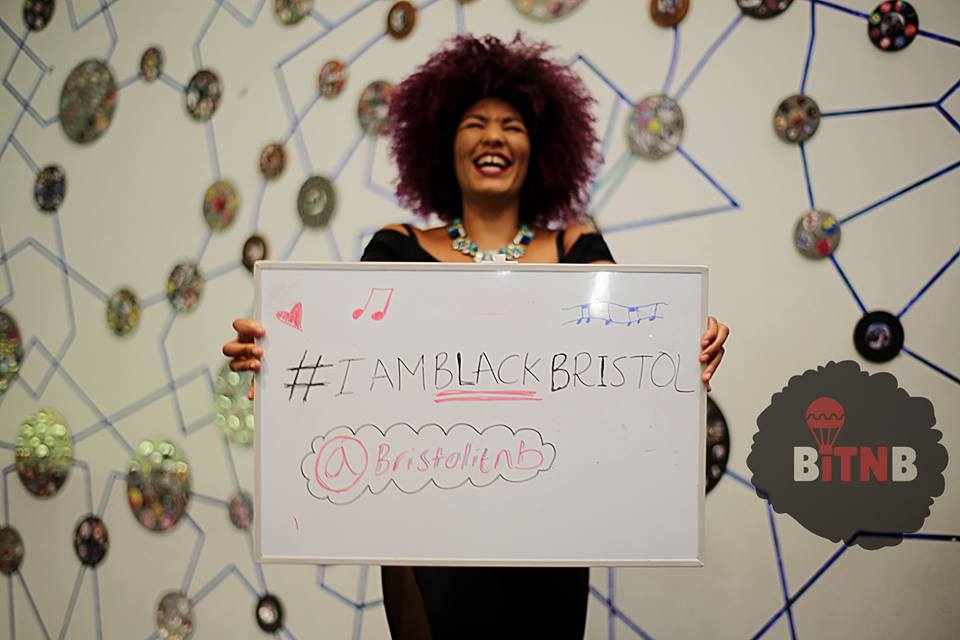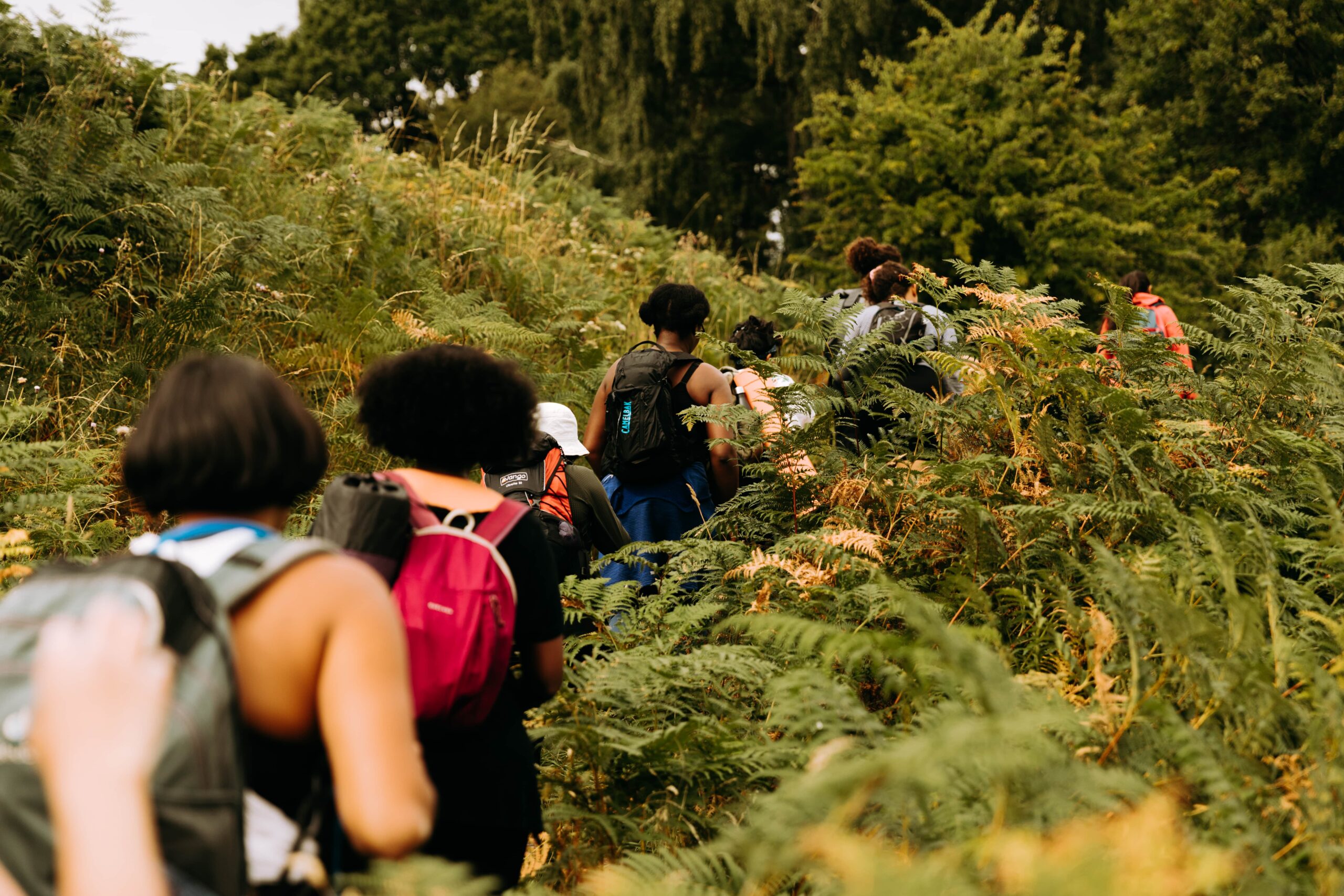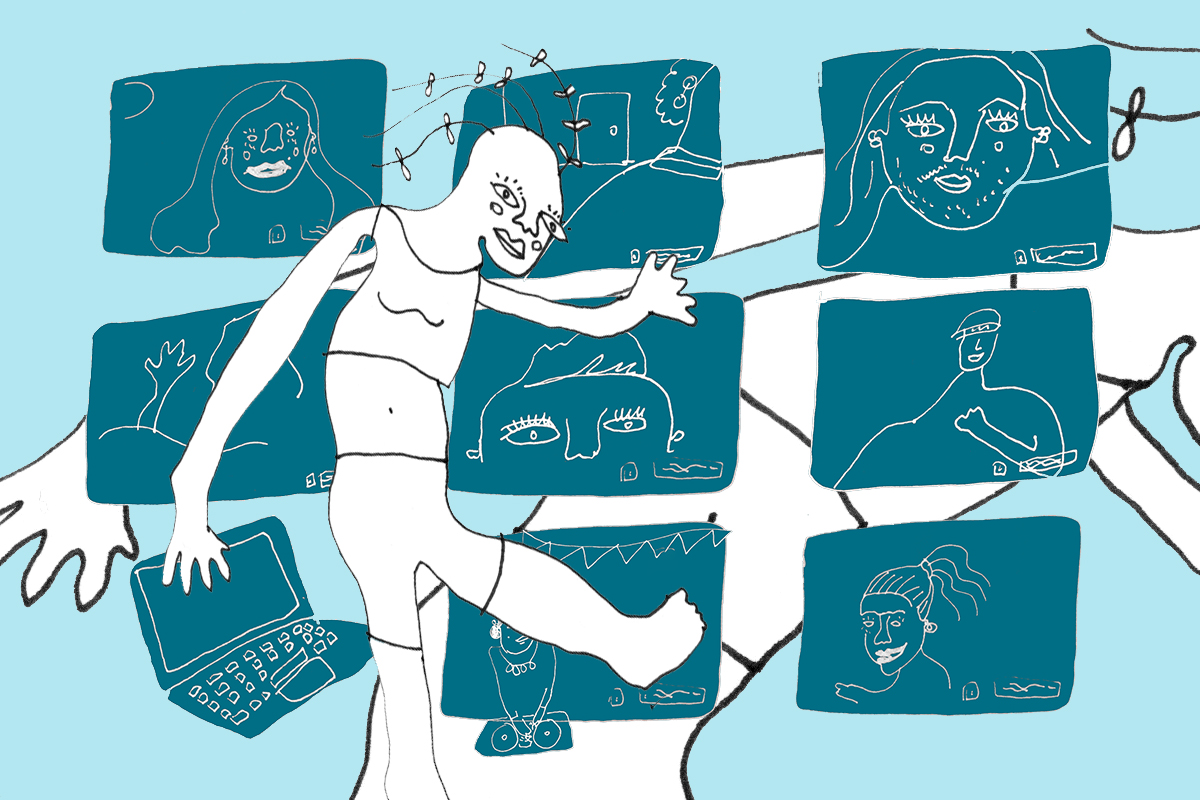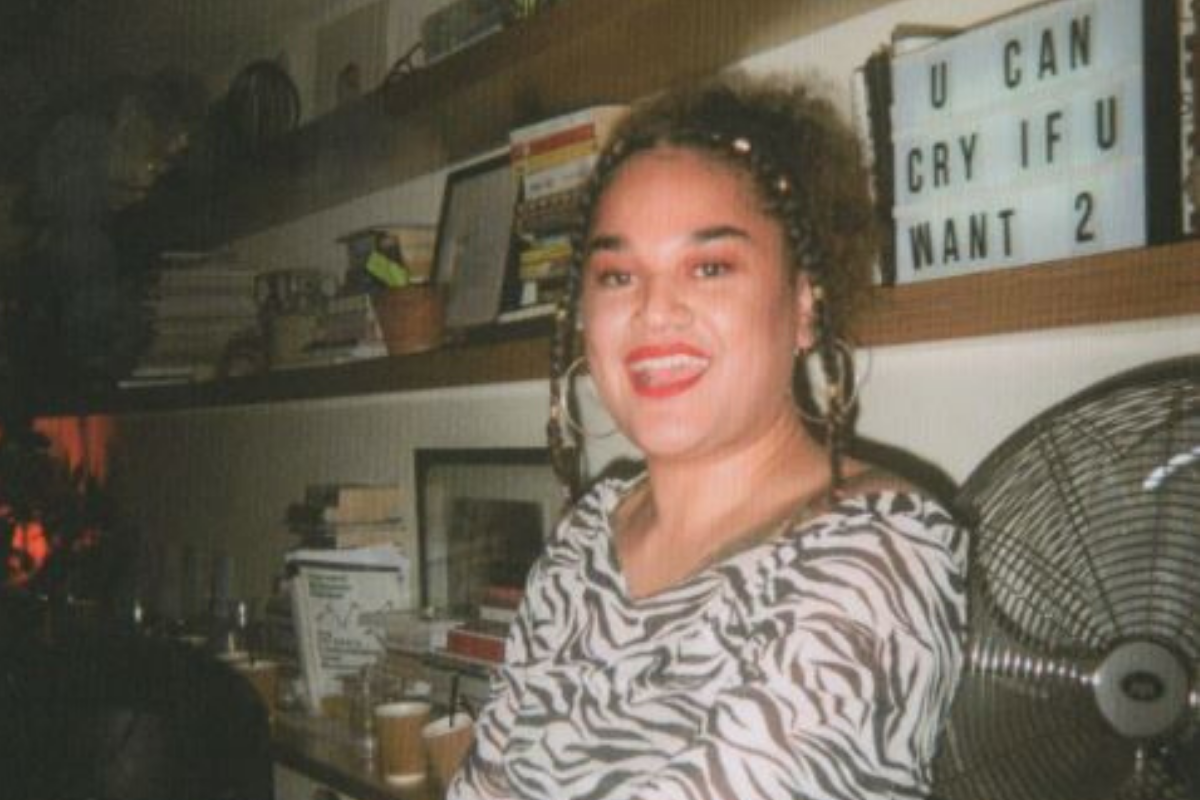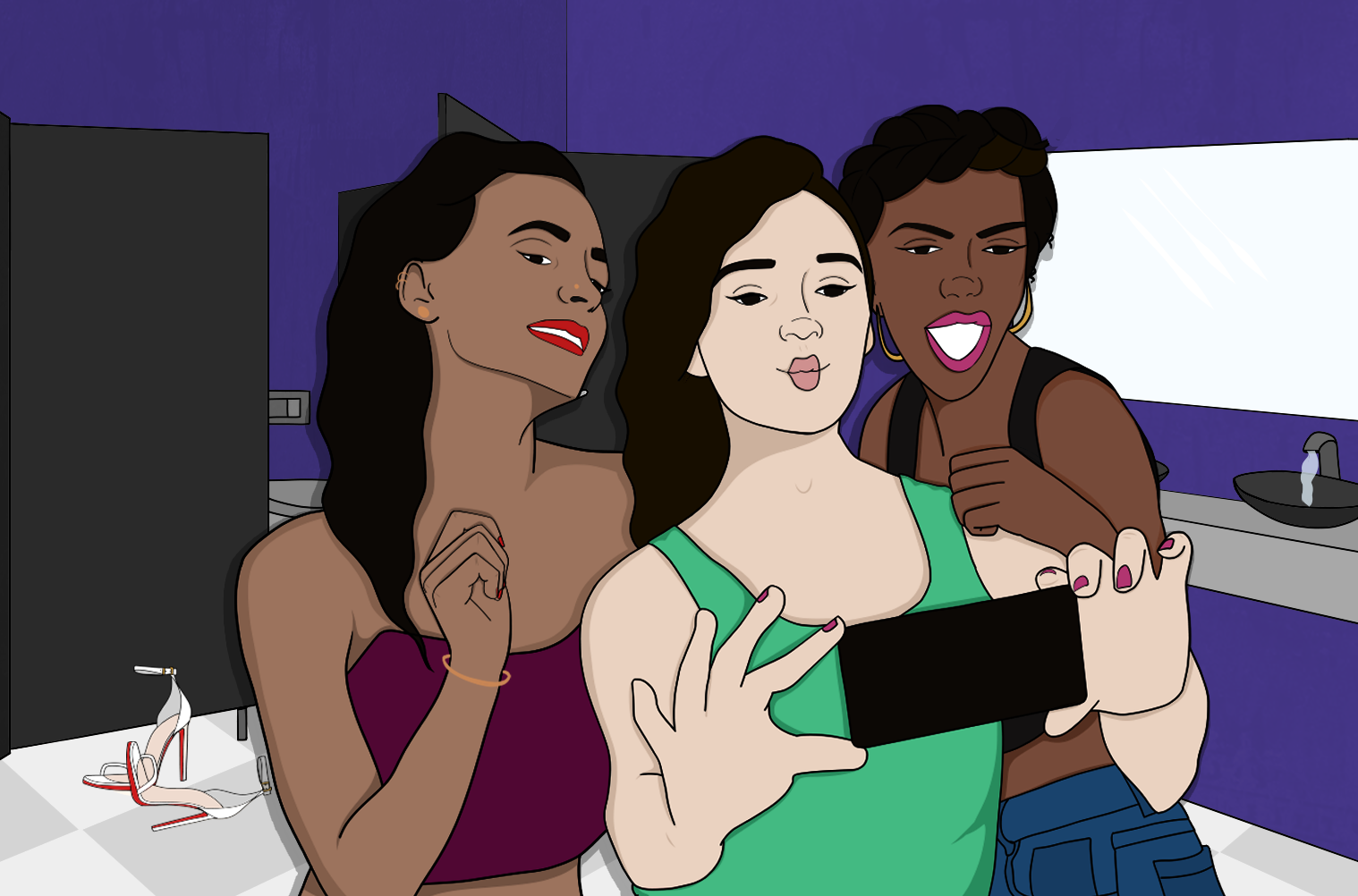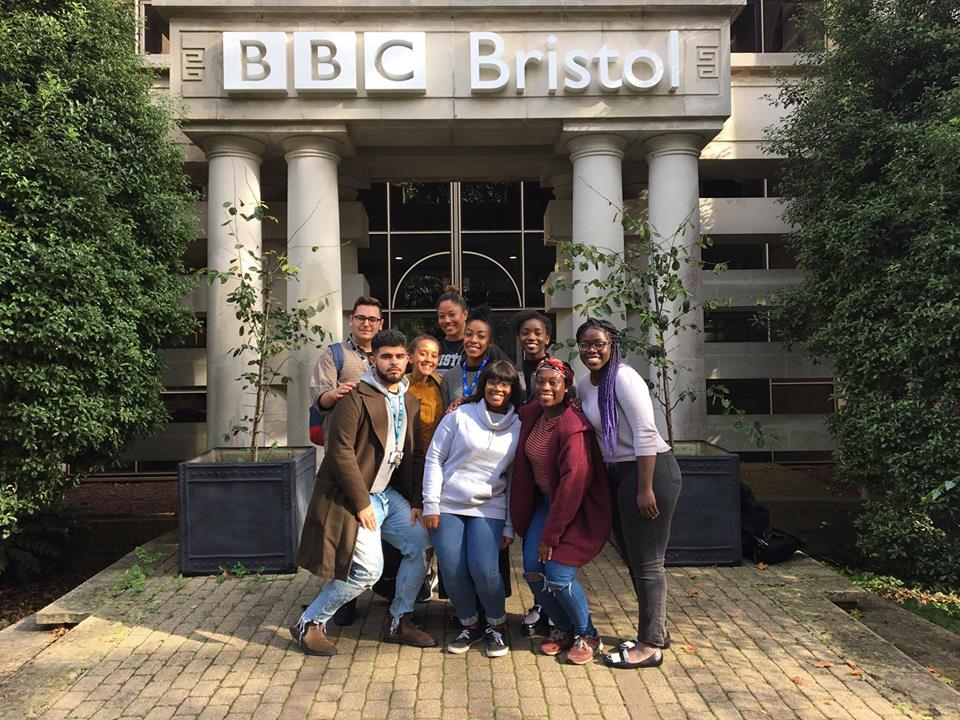
Meet the young black women carving out safe spaces in Bristol and Cambridge
Chlöe Sih and Chanté Joseph
21 Oct 2016
Chloe Sih, 17, founder of a society for women of colour at her sixth form
Women of colour in the UK have a difficult and different experience of life in all respects. From primary school playgrounds where braids are yanked and little black girls are nicknamed Medusa; university accommodation where racist roommates write “monkey” and “nigga” on bananas, to racially micro-aggressive office banter. I was 13 when I began to hear uncomfortable slurs murmured in the corridors and grew used to an arm casually resting on my shoulders as I was asked, “Who’s your favourite rapper?”. Now, I am only 17-years-old and yet the obstructions that I have faced in my everyday life mean that I feel an inevitable sense of solidarity with the women of colour around me.
Inspired by the actions of those who preceded me, and from the historical work of the female British Black Panthers, the Black Women’s’ Group in Brixton and Global Women FM, I recently started my own society for women of colour at my sixth form college in Cambridge. I was researching universities and looking at their ethnic make-up when I realised that I needed a place of comfort and solidarity. Our aim is to share and embrace the cultures of all women of colour; exploring them with respect and appreciation. We are going to discuss the importance of political solidarity within our communities and current affairs which inevitably affect all of us, whether directly or indirectly. I both hope and believe that it will shape and improve the experiences of the younger generations of women of colour in my city.
Heather Agyepong, a visual artist, performer and writer, in an article for The Debrief expressed in an article for The Debrief that later in her life, she “realised the importance of highlighting black British female experiences in their own right – to preserve, present and uphold those stories…” I, myself, had a similar revelation in my early teenage years, especially after growing up in an environment where there were so few second generation immigrants who had a similar upbringing or culture to me. Through the pages of Malorie Blackman’s Noughts and Crosses and Chimamanda Ngozi Adichie’s Americanah, I found my solace.
Black British women’s societies and groups are a necessity rather than a privilege. There are still potholes in British history, where there should be an acknowledgement of black British influence and efforts, a trained eye can identify that there is an even larger gaping hole where black British female history should be. Therefore, BME groups and collectives like my own are needed to define and mould what it is to be a black woman in Britain. This belief has increased and spread in recent years in the form of Black British Girlhood (founded in 2015) which “focuses on sharing, celebrating and affirming Black British women and girls…in the arts and other creative expressions” and Black in the Day, which is an archive for the Black British experience through visual media, founded in 2016.
We must take it upon ourselves to create groups and communities where we exclusively challenge the institutionalised overlooking of women of colour in order to make improvements for our daughters and honour the history of our grandmothers.
Chante Joseph, 20, founder of Bristol is the New Black
Bristol as a city has one of the oldest black populations in the UK the presence of black people has always been strong and they have been loud. The black community in Bristol is known for it’s unapologetic and fierce take on race relations, leading to the first black-led civil rights campaign in Britain when black Bristolians were denied the opportunity to work as bus drivers. The community has maintained strong and since the city has recently elected the first black mayor in Europe with executive powers as well as appointing the city’s first black poet laureate. Bristol is a city of great progress and culture, so it shocks me that my university experience thus far has failed to acknowledge the deep-rooted and strong community that exists here.
Studying at Bristol has been one of the most isolating experiences of my entire life. Now in the thick of second year I am still finding my feet, friends and place. I was born and raised in very urban north west London where being the only black face was something that I never had to worry about. Moving from such a diverse space to somewhere that I stood-out like a sore thumb was very unnerving. I tried my very best to assimilate to the privately educated, white, middle-class culture that Bristol University offered but I just wasn’t the right fit. It angered me that Bristol students clamoured at black british culture and wore it like a costume, embodying my very reality whilst just being myself was not enough.
I was angry and my anger was perceived as bitterness, it was my fault, I didn’t try hard enough to fit in, I was too divisive. It was these labels that drove me to realise that we love black culture but not black people. My identity was merely an aesthetic and there was no space in my university that I could celebrate blackness and the many spaces we take up without feeling that it would be co-opted by people who just didn’t care. Thus, Bristol is the New Black was born. It is a small online platform that seeks to build a bridge between the university and the city and find ways to raise the voices and achievements of black Bristol in a fun and inviting way. Bristol is the New Black is me creating space, access and opportunity where there was none it is something that is for us by us and will never be co-opted. It is a hub to celebrate blackness in its multiple forms without fear of appropriation.
I started the platform by running a small campaign called #iamblackbristol where I spent a week travelling around Bristol interviewing and photographing various black bristolians and talking about the work that they do. This was a great opportunity for me to meet such inspiring individuals and start to build a strong and sustainable network of inspiring individuals. It was amazing to talk to a range of people including lawyers, community workers and performers about what blackness means to them and how they navigate their spaces.
Since then we have had a flurry of support from the BBC to the Bristol Old Vic who have all taken an interest in our project and the work that we are doing. I have been overwhelmed with the individuals that have taken the time out to shout-out about the project and the work that we’re planning on doing and hope to do in future. It has been a blessing to start this project and create a support network of local people and students to help me drive this project. For the long term who knows where it will go but for now I’m just happy to be giving a platform to the stories and people that need to be heard.

